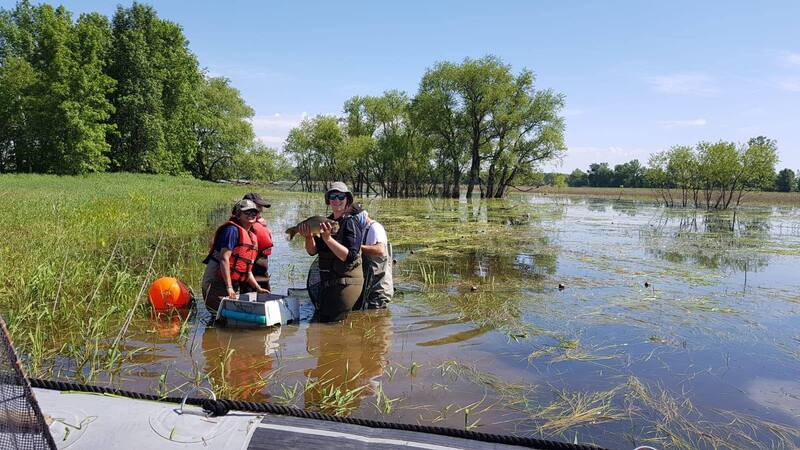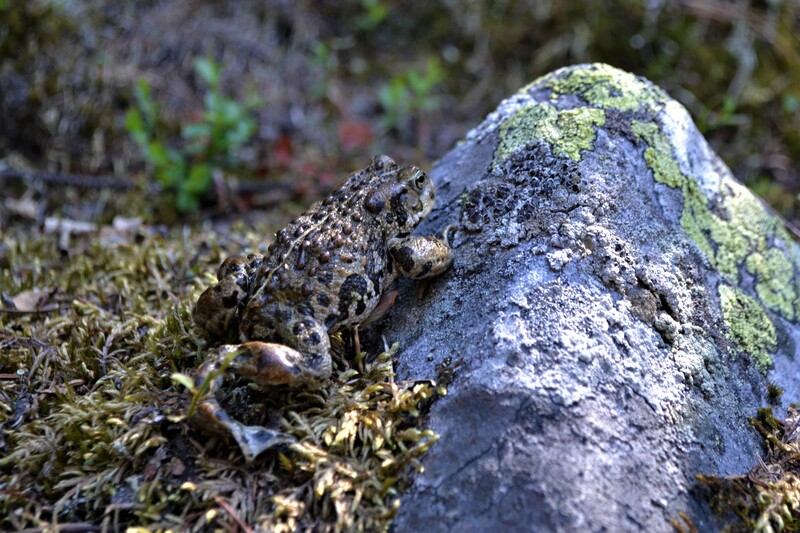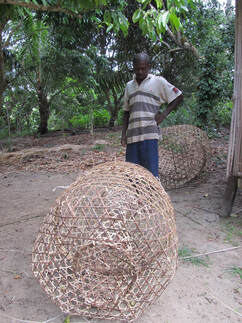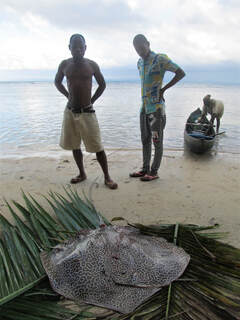Research
Developing biocultural indicators to support Indigenous fisheries
My Postdoctoral research focuses on respectfully bringing multiple ways of knowing together to understand biological diversity (e.g., genes, traits) while capturing the relationships between culturally important fish and people in Eeyou Istchee. This is achieved through a close collaboration with the Cree Nation of Mistissini to co-create actionable research. I work for the FISHES project (more information here) with Dylan Fraser (Concordia University) and Louis Bernatchez (Laval University).
My Postdoctoral research focuses on respectfully bringing multiple ways of knowing together to understand biological diversity (e.g., genes, traits) while capturing the relationships between culturally important fish and people in Eeyou Istchee. This is achieved through a close collaboration with the Cree Nation of Mistissini to co-create actionable research. I work for the FISHES project (more information here) with Dylan Fraser (Concordia University) and Louis Bernatchez (Laval University).
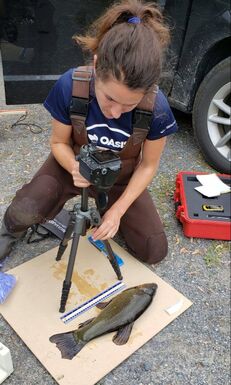
Invasive species genetics: from research to action
My PhD research at the University of Toronto focused on applying genomic tools to generate insights for invasive species management using Tench (Tinca tinca) as a model. My main goals were to explore the role of demographic processes and dispersal in shaping genomic diversity for the species at the local (within Canadian populations) and the global scale. This was the core of my Ph.D. supervised by Dr. Nick Mandrak at the University of Toronto and Dr. Ken Jeffries at the University of Manitoba, which involved collaborating with the Department of Fisheries and Oceans (DFO) and the Ministère des Forêts, de la Faune et des Parcs du Québec (MFFP). Furthermore, while it is widely accepted that genetic research can lead to improved conservation outcomes, conservation genetic science often fails to support management actions and deliver its intended benefits to biodiversity. Building on the solid foundation of literature on the so-called "conservation genetics gap", a second objective of my PhD was to identify opportunities to achieve a more productive conservation genetics space.
|
Socio-ecological dynamics of a coastal reef fishery
Between my M.Sc. and my Ph.D., I spent a year working for non-governmental associations on Sainte-Marie (Madagascar), an island where people are highly dependent on the fisheries for their livelihood and have deep cultural connections with the ocean. However, fisheries are in decline. The goal of this project was to document the ecological and human dimensions (including social, cultural, and economic considerations) context of Sainte-Marie’s fishery to feed discussions related to fishery management. This work involved more than one hundred local fishers, 3 non-governmental organizations, and a group of marine environment experts. |
Maintenance of genetic diversity in small populations
My M.Sc research at Concordia University was mainly about the relationship between the number of breeders (a key evolutionary parameter) and the census population size, two crucial parameters affecting population persistence and wildlife management decisions.
My M.Sc research at Concordia University was mainly about the relationship between the number of breeders (a key evolutionary parameter) and the census population size, two crucial parameters affecting population persistence and wildlife management decisions.
